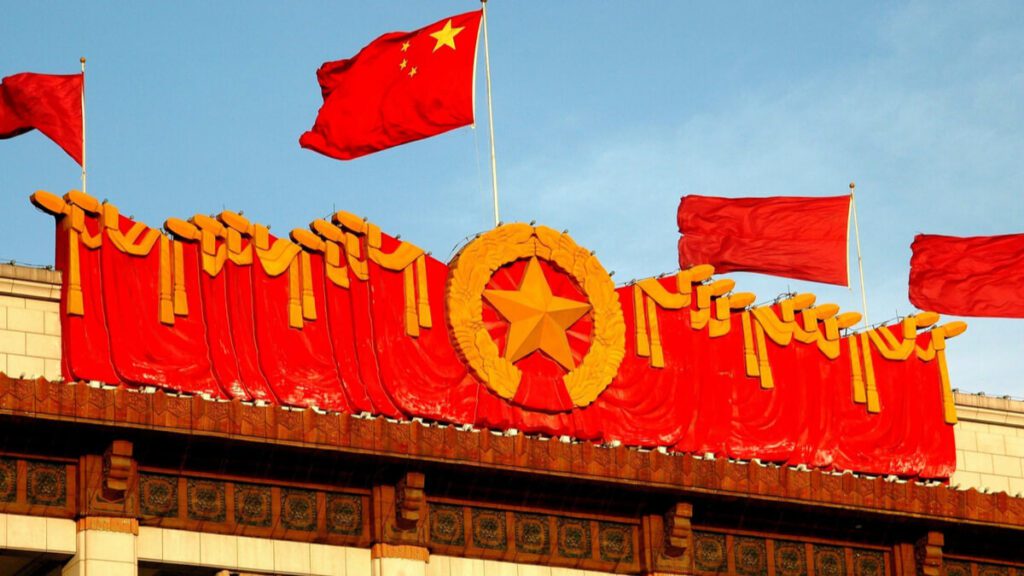
China’s regulatory officials revealed at a state council briefing on Tuesday that the upcoming set of regulations concerning the state’s vital information infrastructure will not be steered towards companies drafting foreign IPOs.
While the magnitude of imposed regulations increased in the past couple of months, leading to an elevated reflection on China’s tech industry, the vice minister of the Cyberspace Administration of China (CAC), Sheng Ronghua, declared that the state’s regulation will strictly affect companies going public in China.
Rule’s implementation will begin on September 1st, which happens to be the same day the country will initiate its new data security law.
“The rules are published to protect the safety of critical information infrastructure and all companies, no matter what kind they are or where are listed must comply with the country’s laws and regulations,” Ronghua said during the briefing.
On Friday, the country’s National People’s Congress legislated its latest law implemented to secure and prevent any breach of user data privacy and is predicted to impose further compliance regulations on Chinese companies.
The Personal Information Protection law presented clauses specifying that companies can accumulate users’ data, but only with their consent. This move will present guidelines guaranteeing data protection by exposing both parties to the clause.
Last Wednesday, China’s Ministry of Industry and Information Technology accused 43 apps of illegally transferring their userbase data, followed by demands to amend their apps before August 24.
In July, the CAC submitted regulatory drafts demanding companies with a user base exceeding one million users to conduct security reviews – which will later be submitted to the government – before listing a foreign IPO.
The Chinese government’s efforts to leverage its control over the country’s tech industry have become a standard for many companies.
For the Chinese authority, legal technology is beneficial for all parties, companies, consumers, and even the government, but utilizing data and monopolizing the sector for selfish purposes will further endorse China’s power over the industry.